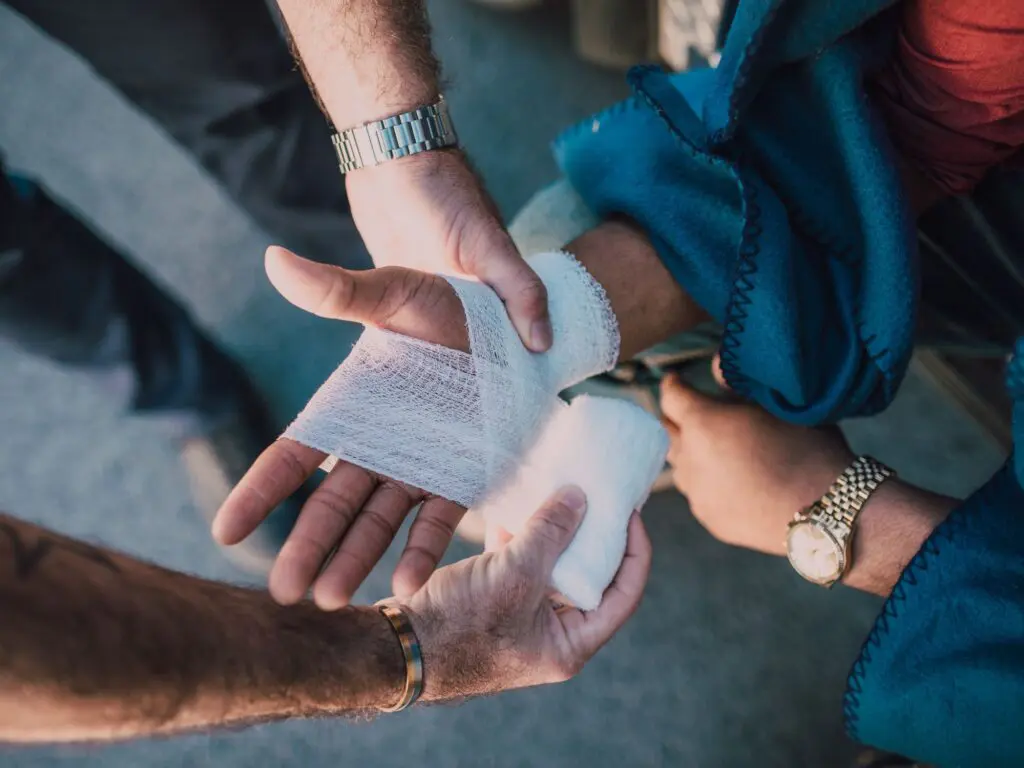What is Arbitration?
Arbitration is, “the submission for determination of disputed matter to private unofficial persons selected in manner provided by law or agreement.” (Black’s Law Dictionary 134. 4th Ed. Rev. 1968)
Arbitration is a form of Alternative Dispute Resolution, serving as an alternative to a jury trial. It involves a legal dispute being settled by a neutral third party to a plaintiff and defendant. That third party is known as an arbitrator. In arbitration, unlike other kinds of ADR, the arbitrator’s decision on a matter is final. In that way, arbitration is somewhat like a mini-court case. However, there are differences in the role of an arbitrator in arbitration and a judge in a court case. Arbitrators are chosen and agreed upon by both parties rather than appointed. They do not necessarily need to have legal expertise, although many do. It is also harder to appeal an arbitrator’s decision than it is to appeal a court’s decision.
Arbitration can either be voluntary or compulsory. It is voluntary when both parties freely agree to terms at the time of arbitration. It is compulsory when there is a prior agreement that may require one party to arbitrate and outlines the terms of arbitration. Compulsory arbitration is typically found in contracts. Some commonly observed benefits of arbitration are that it is a quicker, cheaper, and more private alternative to the court system. However, some cons are the limited appeal rights and potential for bias in individual arbitrators that come with arbitration.
More information about Arbitration
Hershey Personal Injury Lawyer
For over six decades, our acclaimed team of Hershey personal injury attorneys at Munley Law has been advocating for the rights of accident victims. Securing compensation for your injuries requires not just legal expertise but also compassionate representation. From your initial contact with us to the moment you receive your settlement check, we’re by your side, guiding you every step of the way to ensure you get the compensation you deserve.
When it comes to selecting a personal injury lawyer in Hershey, making the right choice matters. Choose carefully. Choose Munley Law.
Understanding Personal Injury Law in Hershey, PA
Navigating the intricacies of personal injury law can be overwhelming, particularly when dealing with an injury’s aftermath. In Dauphin County, understanding these legal guidelines is crucial for anyone filing personal injury claims. An individual may seek legal remedies if they have been harmed due to another person or entity’s negligence or wrongful conduct. […]
Read MoreMore information about Arbitration
Can I Sue My Neighbor for an Injury on Their Property?
When you’ve been injured on a neighbor’s property, you might feel confused, upset, and unsure about what to do next.
You may wonder about your options if you’ve suffered an injury while visiting next door. The short answer is yes, you can sue your neighbor for an injury on their property, but there’s more to consider before taking that step.
When an injury occurs on a neighbor’s property, the question of legal recourse often arises. The ability to sue a neighbor for such an injury depends on several factors and involves understanding premises liability law. Call a premises liability lawyer at Munley Law for a free consultation to review your legal options.
Why You Might Sue Your Neighbor for an Injury on Their Property
While suing a neighbor can be a difficult decision, there are several legitimate reasons why you might need to take this step if you’re injured on their property:
- Medical Expenses: If you’ve incurred significant medical bills due to the injury, […]
More information about Arbitration
Personal Injury Glossary Terms
This glossary provides a quick-access resource for looking up definitions of terms you will likely encounter while seeking compensation.
A | B | C | D | E | F | G | H | I | J | K | L | M | N | O | P | Q | R | S | T | U | V | W
A
Accident Report — A detailed official record of an incident created on-site by an authority figure such as a police officer or hospital staff member.
Act of God — An unforeseen event caused by natural forces without human involvement that couldn’t have been prevented with reasonable care, […]
Read MoreMore information about Arbitration
How Much Does An Easton, PA Car Accident Lawyer Charge?
If you’ve been involved in a car accident in Easton, PA, you may be considering hiring a car accident lawyer to help you navigate the legal aftermath. But one of the most common questions people have is: how much will it cost for a car accident lawyer? It’s a valid concern, as the financial impact of a car accident can be significant, and the thought of adding lawyer fees on top of that can be daunting. The cost for a car accident attorney in Easton, PA, can fluctuate significantly due to many factors, such as the complexity of the case, the lawyer’s experience, and the legal fee structure. Contact our Easton car accident lawyers at Munley Law for a free consultation today — understand your legal rights and options without the financial commitment.
Understanding the Role of a Car Accident Lawyer
When you’re involved in a car accident in Easton, […]
Read MoreMore information about Arbitration
Who Is At Fault in Most Philadelphia Motorcycle Accidents?
In Philadelphia, motorcycle accidents are common and frequently raise liability and fault questions. The key is that uncertainty arises around the physical injuries, which are accompanied by material damage, and the question of responsibility for the consequences. Analyzing motorcycle accident cases helps identify the factors and the most likely fault participants. This is where a knowledgeable Philadelphia motorcycle accident attorney is warranted and priceless to the news of their personal injury client.
What Causes Motorcycle Accidents in Philadelphia?
 Some common causes of motorcycle accidents in Philadelphia include but are not limited to:
Some common causes of motorcycle accidents in Philadelphia include but are not limited to:
Traffic violations—Most motorcycle crashes are caused by a traffic violation on the part of any of the involved parties; these account for 14% of all traffic deaths (National Safety Council, 2023). Such traffic violations may include speeding, beating red lights, abrupt lane changes, […]
Read More









